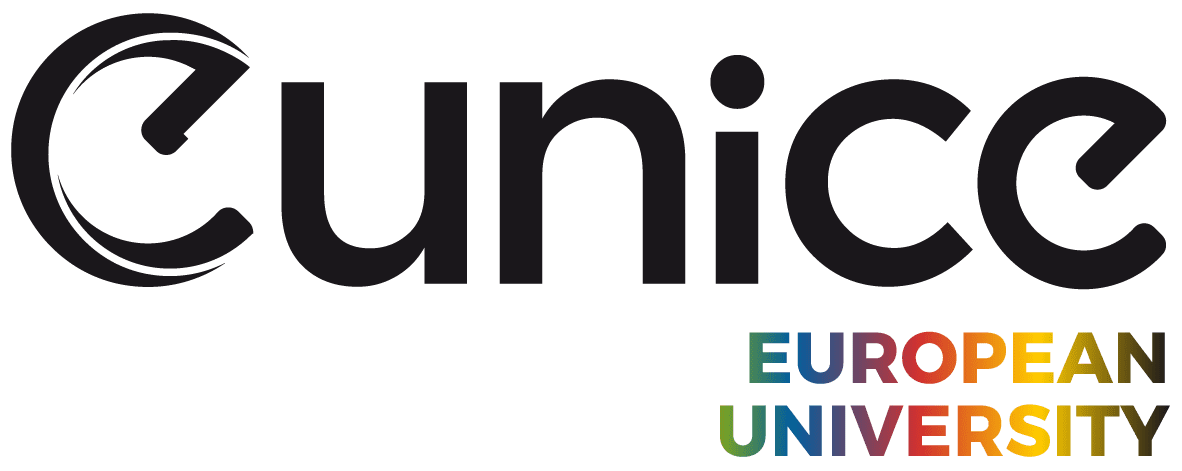On December 16, 2024, the University of Mons (UMONS) hosted a thought-provoking conference on gender equality and inclusion in the European University, bringing together academic experts, university staff, and students to discuss the topics of gender equality and inclusion within higher education institutions. The aim of the conference was also to initiate the reflection needed for the construction of the future EUNICE European University.
A central theme of the conference revolved around the issue of how institutions can create equitable academic spaces that foster gender equality and inclusivity. This posed a critical question: should gender and inclusion be addressed separately, or should they be treated as interconnected challenges?
This dilemma is particularly significant in the context of French-speaking Belgium (Wallonia-Brussels Federation), where legal frameworks often reinforce a tendency to treat gender and inclusion as distinct concerns. However, the European Union’s approach paints a different picture. The EU emphasizes that gender equality is not an isolated issue but part of a broader set of barriers, which also include disability, illness, and even ecological disasters. In this context, gender is seen not just as a matter of individual rights but as something that must be addressed within inclusive strategies.
The conference featured three speakers, each sharing valuable insights based on their expertise: Willy Lahaye, Head of the Social Pedagogy and Andragogy Department at UMONS, Claire Dupont, Equal Opportunities Adviser and Lecturer in Human Resources Management at UMONS, and Mikaël De Clercq, ARES Research Expert on Transition to Higher Education and Visiting Lecturer at UCLouvain.
The conference kicked off with Professor Willy Lahaye’s presentation, which focused on social inclusion, with particular emphasis on higher education. It highlighted the obstacles and challenges linked to access to education and the participation of individuals in society.
Ms Claire Dupont then spoke about the mechanisms put in place at UMONS to ensure an inclusive and supportive environment, highlighting concrete examples of achievements such as the “Equal Opportunities” working group that was established in 2022. The goal of this working group is to ensure that the actions of the university’s “Gender and Diversity Plan” are put into practice and to reflect further on social inclusion and disability/specific needs issues.
The conference concluded with Mr Mikaël De Clercq’s presentation on inclusion, academic success and the transition to higher education, which pointed out how gender can have an influence on these elements.
As the conference drew to a close, the audience was invited to reflect on the central question: should gender equality and inclusion be considered separately, or should they be approached as interconnected challenges? The response was clear: most participants agreed that these issues should be addressed together, as they are deeply intertwined. This sparked a rich exchange of opinions. Furthermore, the students in attendance underlined their wish to be present in the working groups discussing these topics, to be represented and have a say in the decision-making process.
The consensus reinforced the importance of addressing gender equality within broader inclusion frameworks, ensuring that all barriers—whether social, cultural, or structural—are tackled in a holistic and integrated manner.





